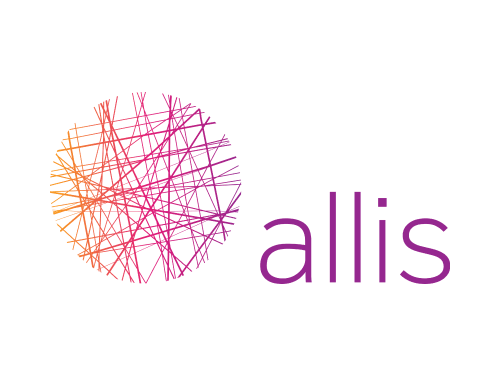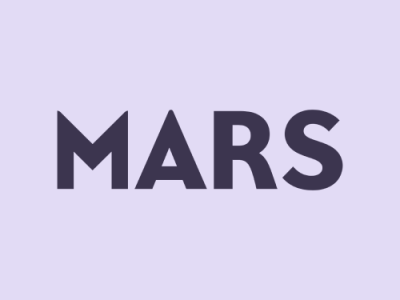Understanding Retail Task Management: A Comprehensive Overview
Our Clients
Committing to the success of our clients around the world
In the constantly dynamic retail industry, understanding task management and efficiency is fundamental. Keeping the business in order including inventory management, customer service, and maintaining a visually appealing store environment demands a structured approach to task management. This involves clearly defining tasks, assigning them to the right personnel, and tracking progress to ensure timely completion.
In the following lines, we will review a way to comprehend all those aspects from task management in retail to make you rethink your way to operate.
The significance of retail task management software
Traditionally, retail task management relied on paper checklists and manual communication. However, the limitations of these methods are evident: prone to errors, time-consuming, and lacking real-time visibility. This is where retail task management software steps in.
- Create and assign tasks:
Clearly define tasks, set deadlines, and assign them to specific team members - Track progress and completion:
Monitor task progress in real-time, ensuring timely execution and identifying any potential bottlenecks - Improve communication:
Facilitate seamless communication between team members regarding tasks and updates - Boost employee accountability:
Hold individuals accountable for assigned tasks, fostering a culture of ownership and responsibility. This is a way to help others to help themselves.
Common missteps in retail task management
Despite its importance, retail businesses often fall prey to several common missteps:
- Lack of a centralized system: Relying solely on manual methods leads to inefficiencies, lost information, and difficulty tracking progress.
- Unclear task delegation: Assigning tasks without proper communication or unclear instructions can lead to confusion and delays.
- Inadequate communication: Ineffective communication between team members regarding task updates and changes can hinder overall progress.
Selecting the ideal task management tool
With an abundance of task management software features available, choosing the right tool requires careful consideration. Here are some key factors to evaluate:
- Ease of use: The software should be user-friendly and intuitive, allowing seamless adoption by all team members.
- Scalability: The system should adapt to your business needs, accommodating growth and future requirements.
- Integration capabilities: Compatibility with existing point-of-sale systems or other business tools is crucial for streamlined data flow.
- Reporting features: The ability to generate reports on task completion, employee performance, and overall efficiency is essential for data-driven decision-making.
Crafting an effective management solution
But implementing task management software is only the first step. To maximize its effectiveness, consider these additional elements:
- Define clear task protocols: Establish standardized procedures for creating, assigning, and tracking tasks.
- Regular employee training: Provide proper training to ensure all team members understand how to effectively utilize the software, including creating and managing retail daily task lists, assigning tasks to colleagues, and tracking progress towards completion.
- Monitor progress and adapt: Regularly assess the effectiveness of your task management system and make adjustments as needed.
By embracing task management technology, retail businesses can:
- Reduce operational costs: Streamlined processes and improved efficiency lead to significant cost savings.
- Enhance employee productivity: Clear task delegation and real-time tracking empower employees to focus on their core responsibilities.
- Improve customer service: A well-organized and efficient workforce translates into a more positive customer experience.
To work and manage properly, implementing a robust retail task management solution is no longer an opulent signage, but a necessity. By leveraging the power of technology, retailers can achieve operational excellence, optimize workflows, and ultimately, pave the way for sustainable business growth.
If you're aiming to go far beyond your daily retail store tasks as a manager or an executive in the field, consider working smart instead of hard.
Success Stories
 Allis
Allis
 Coca Cola
Coca Cola
 Perfetti Van Melle
Perfetti Van Melle
 Nestle
Nestle
 Danone
Danone
 Mars
Mars
 Tarweej
Tarweej
 TOP 3 Retail Chain
TOP 3 Retail Chain
 Global Retail Corporation
Global Retail Corporation
 World’s Leading Manufacturer
World’s Leading Manufacturer
 Global FMCG Brand
Global FMCG Brand
 Leading Food Manufacturer
Leading Food Manufacturer
 Global Food Manufacturer
Global Food Manufacturer
 Global Coffee Manufacturer
Global Coffee Manufacturer
 Major Spirits Producer
Major Spirits Producer
 Global Pharmaceutical Brand
Global Pharmaceutical Brand
 Leading Food Manufacturer
Leading Food Manufacturer
 Global FMCG Brand
Global FMCG Brand
 Leading Food Manufacturer
Leading Food Manufacturer
 Leading Spirits Producer
Leading Spirits Producer
 Major FMCG Brand
Major FMCG Brand
 Major Coffee & Tea Manufacturer
Major Coffee & Tea Manufacturer



















